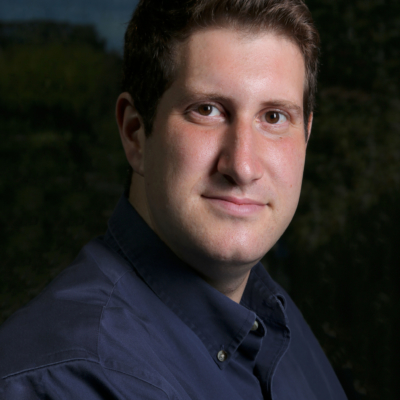

"It also makes tribes in general look bad because in this particular case they're willing participants in exchange for a "tribe bribe"."Michael Risch (not the Michael who set up this whole scam) has just given a platform to Professor Greg Ablavsky from Stanford Law School. Ablavsky almost supports a patent scam (by discrediting the decision) that clearly misuses tribal sovereign immunity. In his own words:
Per Lisa's request, I have returned to offer some thoughts on the PTAB's tribal sovereign immunity decision (you can find my earlier post here and some additional musings coauthored with Lisa here). I had thought I had retired my role of masquerading as an (entirely unqualified) intellectual property lawyer, but, as the PTAB judges clearly haven't relinquished their pretensions to be experts in federal Indian law, here we are.
The upshot is that I find the PTAB's decision highly unpersuasive, for the reasons that follow, and I hope to convince you that, however you feel about the result, the PTAB's purported rationales should give pause. I should stress at the outset that I have no expertise to assess the PTAB's conclusion that Allergan is the "true owner" of the patent, which may well be correct. But the fact that this conclusion could have served as entirely independent basis for the judgment makes the slipshod reasoning in the first part of the decision on tribal immunity all the more egregious.
"We are actually rather surprised to see any people with self respect publicly supporting this scam, which neither politicians nor judges have been supportive/tolerant of."From what we can gather, scholars generally support PTAB, with the typical exceptions (Crouch and few others who revel in the crowd of rabid patent maximalists) and Koch-funded think tanks. Here we have the PTAB-hostile Kevin Noonan (another patent maximalist) who the other day commented on the latest twist when he wrote: "The Tribe and Allergan (and the PTAB) remain under the specter of the rule for completing an IPR within twelve months of institution, which in this case is March 31, 2018. This date is already delayed due to the Board's decision to consolidate IPRs from different parties and use the consolidation decision date as the date from which the deadline was calculated. The Board has the discretion to extend this date by an addition six months under appropriate circumstances, however. And in many ways it would be appropriate in this case (inter alia, being as the PTAB asserted in its denial decision a question of first impression regarding whether tribal sovereign immunity applies to IPR proceedings). Should the PTAB deign to abide by the March 31st deadline, this Notice could be moot. On the other hand, the Federal Circuit could order the Board to stay proceedings on the merits while it considers this appeal."
Dugie Standeford from IP Watch (known for his good coverage of EPO scandals) wrote about the panel thwarting the Mohwak patent ploy/scam, calling it a "first-of-its-kind case."
Native American tribes’ sovereign immunity can’t be used to avoid inter partes review (IPR) of patent validity, the US Patent and Trademark Office Patent and Appeal Board (PTAB) has ruled in a first-of-its-kind case.
"Wait and watch how the Federal Circuit, quite frankly as usual, agrees with PTAB and throws this scam out the window."IAM then added: "St Regis claims PTAB ruling "contradicts other PTAB panels' decisions from last year holding state sovereigns do enjoy such immunity, as well as longstanding Circuit Court and Supreme Court precedents holding that sovereign immunity does apply to these exact types of proceedings"..."
Lloyd, the author, said: "This is going to be a real humdinger at the Fed Circuit..."
Wait and watch how the Federal Circuit, quite frankly as usual, agrees with PTAB and throws this scam out the window. A Federal judge already called it a "sham" and did exactly that; we wrote about it at the time. To put it crudely, the scammers are just "pissing in the wind" at this point. ⬆